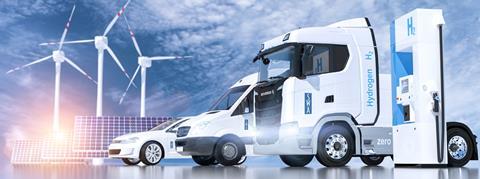
The climate change effects, pollution costs, and environmental awareness are driving towards alternative solutions to diesel and petrol vehicles in recent years, so clean energy fuelling choices are gaining popularity.
One possible solution is the use and integration of hydrogen, particularly for long-haul, heavy-duty vehicles and other commercial transport.
However, with only a little over 200 hydrogen vehicle refuelling stations across the EU in 2021, there seems to be a long way to go before the hydrogen-powered transport revolution becomes a reality.
Domenico Sicilia, sales director, alternative fuels LNG, Hydrogen & CNG at Dover Fueling Solutions explains: “The hydrogen vehicle is not to be misunderstood by drivers with concerns over their affordability, safety, refilling times, and even their environmental credentials.
“In reality, a lot of these are mere myths, because clean-fuelled vehicles, such as the hydrogen-powered truck or bus, and already available safe filling stations technology, can pave the way to a greener future without fossil-fuel dependence.”
Which Trucks are Available?
He advises anyone considering choosing hydrogen over diesel for their next commercial vehicle – ”and let’s face it, it is recommended,” he says – it pays to know which vehicles are available and which will soon enter production.
Manufacturers Hyundai and Hyzon are leading the rollout with the first fuel cell trucks recently appearing on the European market, while development continues apace for other companies.
Hyundai’s Xcient model is a significant entry for the South Korean manufacturer. The world’s first hydrogen-powered, heavy-duty truck hit Swiss roads in late 2021, and a total of 1600 units are expected to hit European roads by 2025.
Another haulage heavyweight is American brand Hyzon, whose Class 8 and Hymax models are also paving the way toward decarbonised heavy-duty road transport. Hyzon Motors form part of the European consortium, Hydrogen Europ which plans to introduce 100,000 fuel cell trucks by 2030.
Range
Sicilia explains that many business owners question whether hydrogen vehicles can go the distance like their traditional petrol/diesel alternatives, with common concerns regarding power and the availability of hydrogen fuel stations to cover long-haul trips.
”As of 2001, the European Commission awarded nine countries 18.5 million euros to set up hydrogen-fuelled transportation systems. This has now seen buses rolled out successfully across some European cities including Berlin,” he says. ”Initiatives such as H2Haul have also been undertaken in an attempt to provide hydrogen-fuelled trucks across European countries – in the hopes of reducing haulage emissions to zero.
”Currently, Volkswagen is developing a model which can travel 2,000 kilometres on a single tank of fuel. While Volvo, for instance, are pouring millions into the development of its hydrogen-powered alternative with a range of 1,000km.
Refuelling Home and Away
Clearly, improved driving ranges need to be coupled with a better hydrogen refuelling infrastructure across the EU for adoption to fully flourish, stresses Sicilia.
”Currently, there are over 200 fuelling stations across Europe, with Germany dwarfing the rest of the continent with over 100 of these. An EU-wide target of at least 1,000 fuelling stations by 2030 is a possibility with a refueling site every 200km across the proposed Test-T core network, he says, adding that of course, hydrogen trucks are also refuelled much like their diesel counterparts using the same simple, nozzle-to-pump method.
Why Not Just Stick with Diesel?
While hydrogen-powered technology and infrastructure remain a work in progress, companies and nations are working around the clock to combat this and meet tighter COP regulations, explains Sicilia.
”Purchasing hydrogen transport offers huge environmental benefits, given that they only produce water and warm air as emissions. Its fuel cells are inherently non-polluting and contribute nothing to global warming. In addition, driving ranges are improving, refuelling times are fast, and new EU tolling legislation provides huge benefits for zero-emissions trucks.”
https://www.doverfuelingsolutions.com





















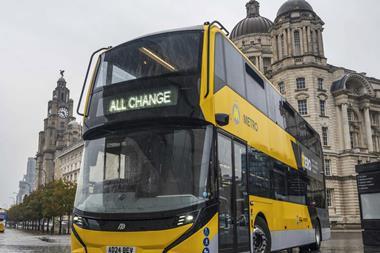

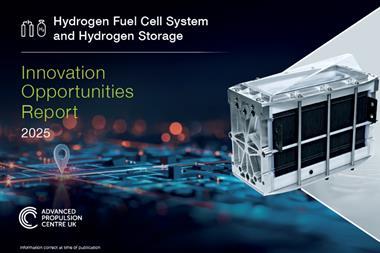
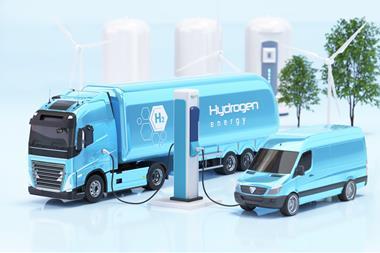
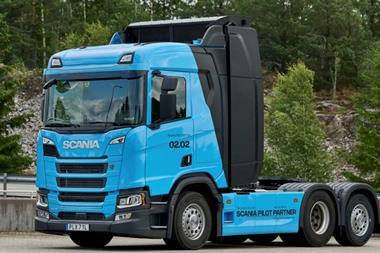
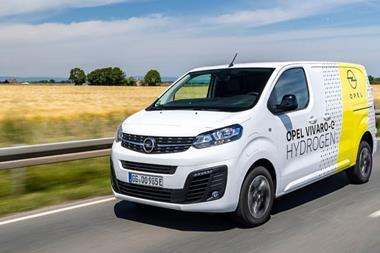


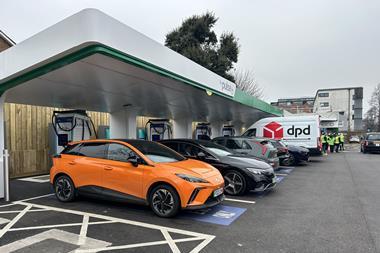
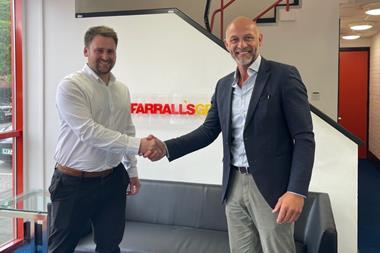
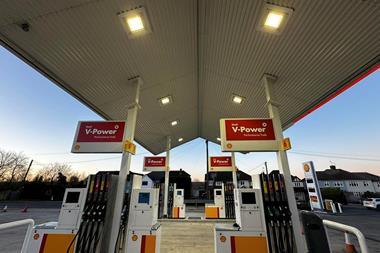
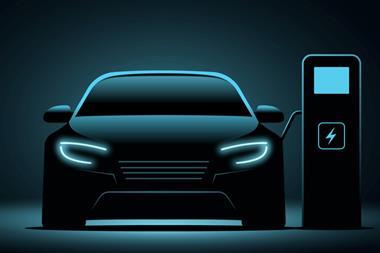
No comments yet